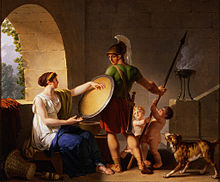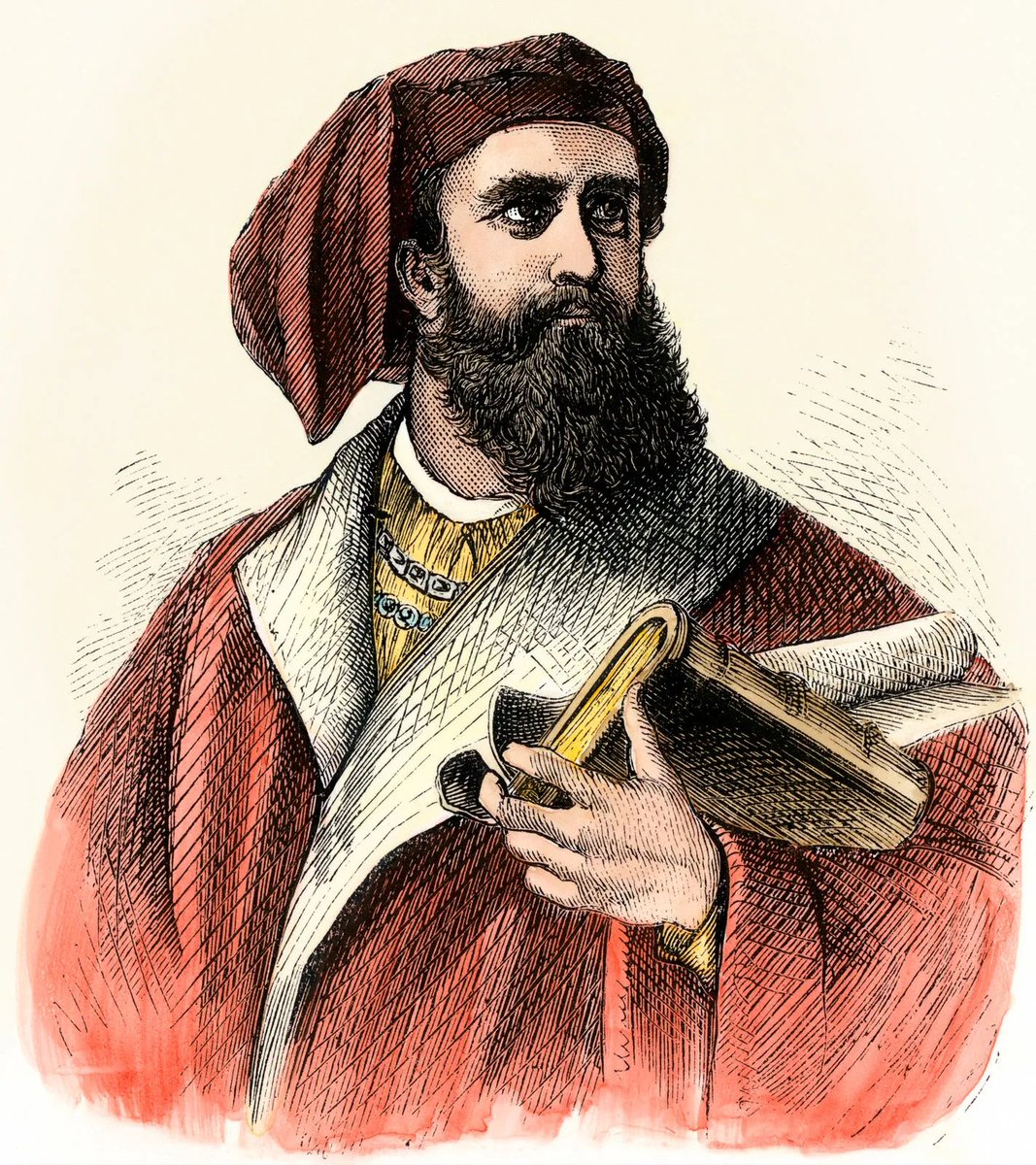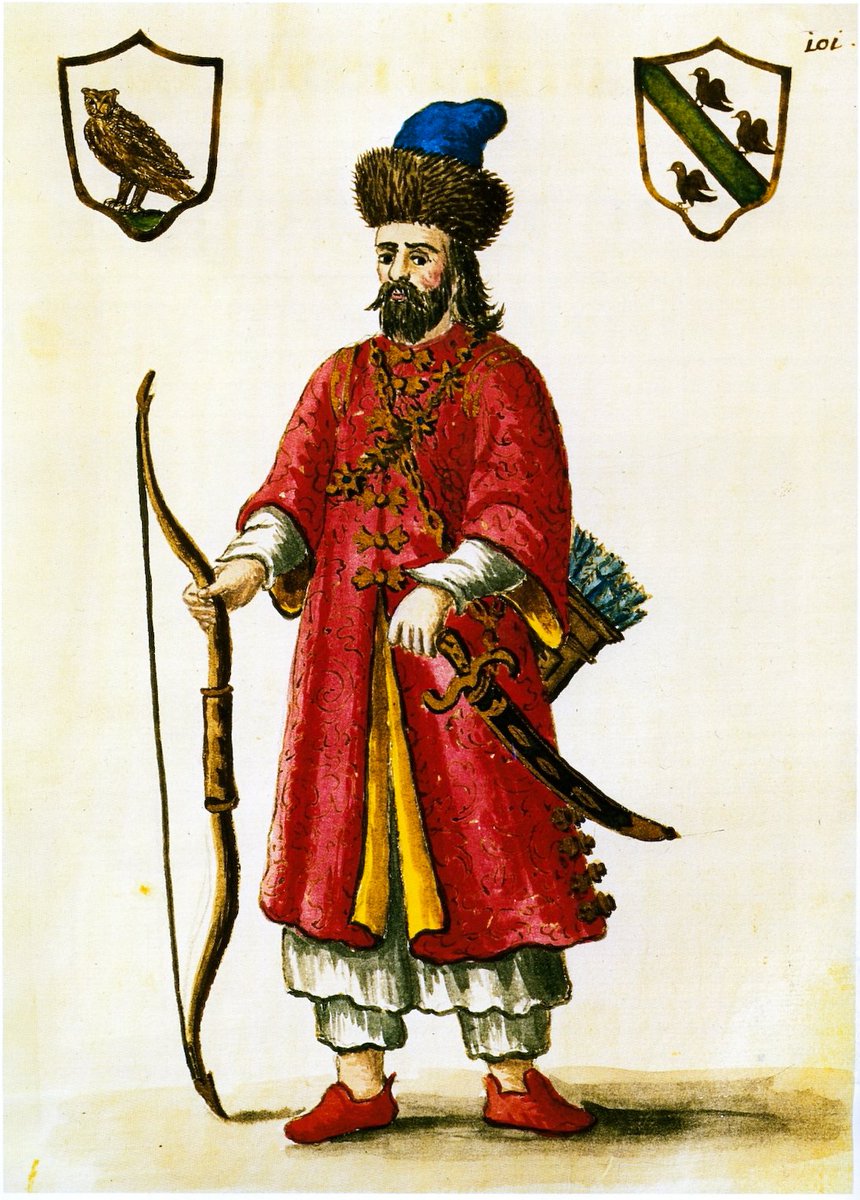Once there were two brothers, Harihara and Bukha raya. They were both from Hampi, in Karnataka on the banks of the river Thungabhadra.
They both knew that their city needed an empire and hence laid the foundations of the great Vijayanagara empire. The empire is named after its capital Vijayanagara, which is modern day Hampi. Harihara became the first ruler and conquered many parts of the country.
After two decades of the rule of Harihara, Bukha raya took control. It soon became South India’s strongest empire. One of their greatest moment was when one of their greatest kings Krishnadeva Raya conquered the Sultan of Bijapur.
After this, the Vijayanagara empire started trading, with their ships going all over the world. Chingo, a Chinese emperor said that the Vijayanagara goods were the best in the whole world. The rulers also invited great musicians, artists and architects and encouraged them.
Many Portuguese journalists like Domingo Paze said that the Tirumala temple from Tirupati, one of the biggest temples in India, gained most of its size and wealth under the Vijayanagara empire, with their donation of diamonds and gold.
But in 1646, the Deccan Sultans defeated the empire in the battle of Talikota.
@ThreadReaderApp unroll
• • •
Missing some Tweet in this thread? You can try to
force a refresh




























